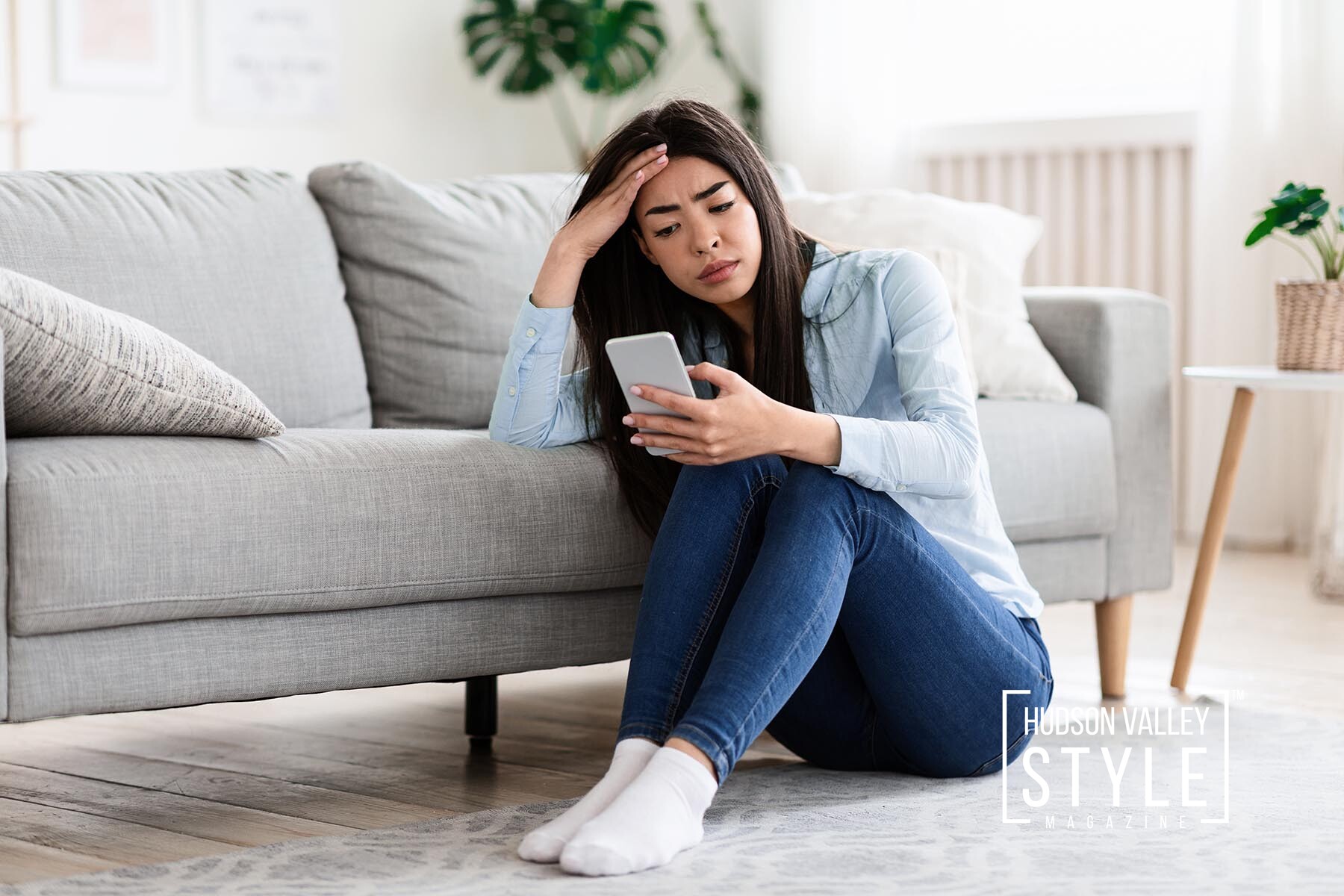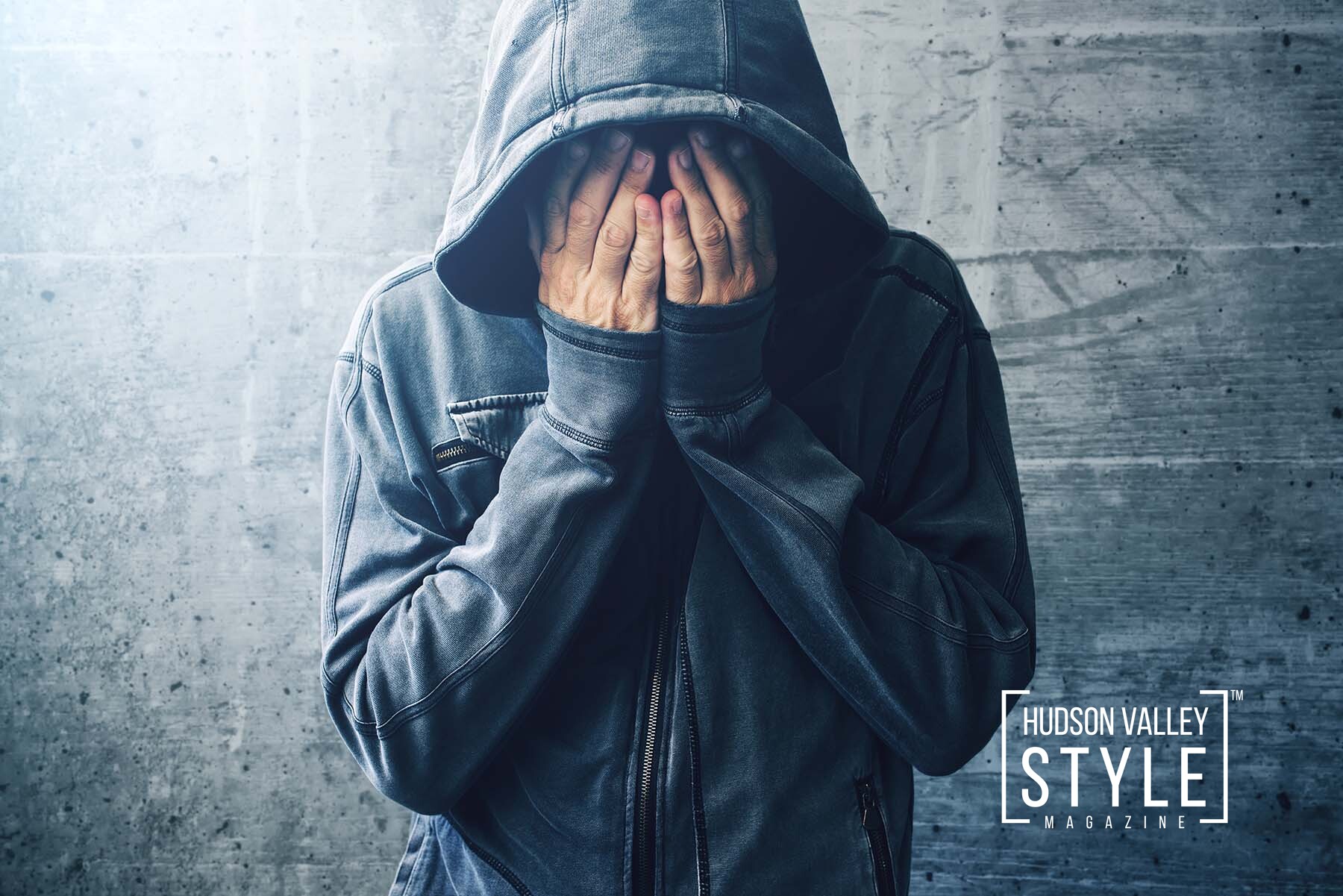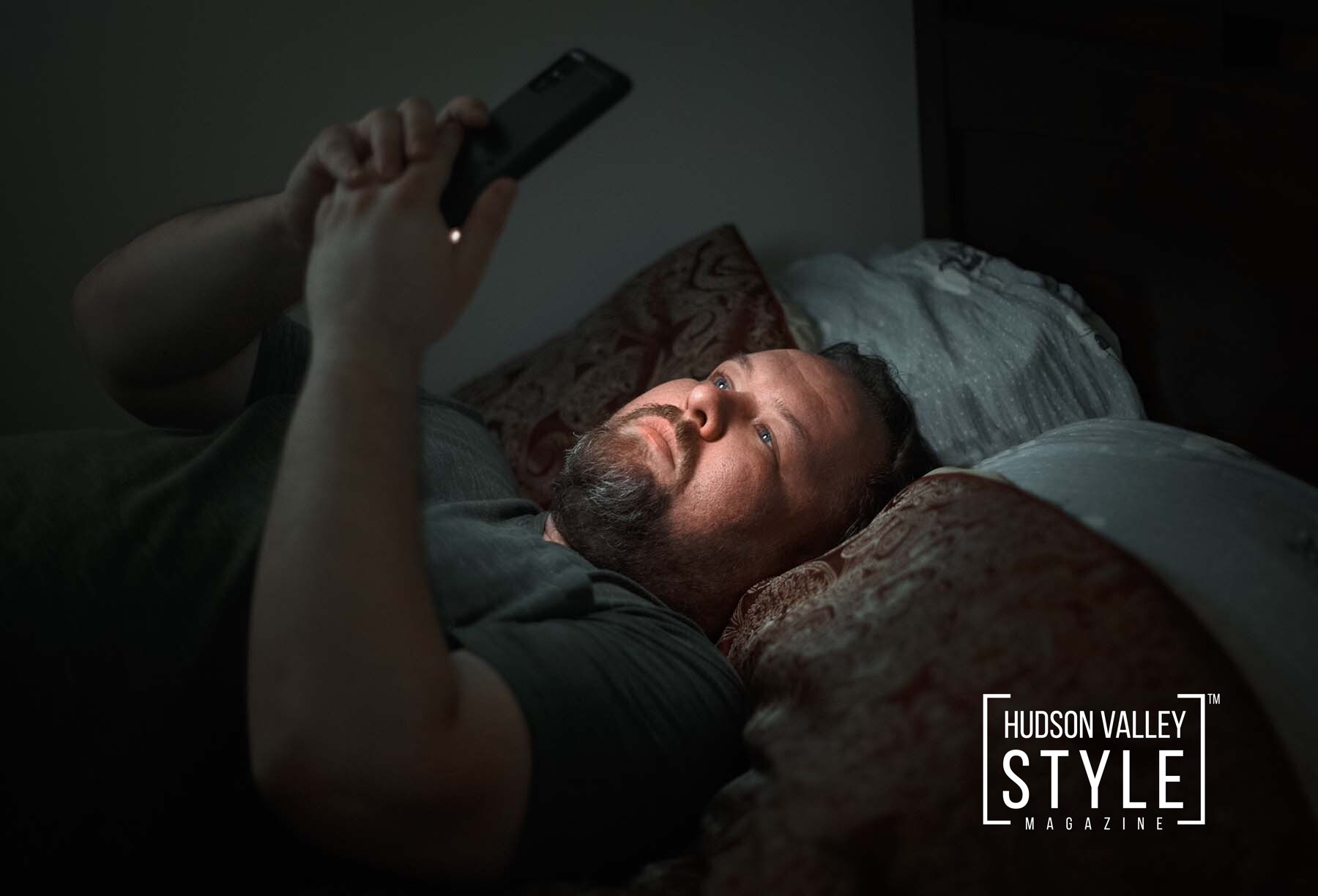Facebook and Instagram are two of the most popular social media sites, with over 2 billion monthly active users between them. Even if you’re not one of those people who’s always checking social media when you could be doing something else, your time on Facebook and Instagram could be harming your mental health in ways you don’t even realize. If you’re concerned about your own use of these sites, or you think a loved one may be struggling with social media addiction, here are some things to look out for that might indicate it’s time to cut back.
Is there such a thing as too much time spent on social media?
Since its inception, social media has served as a useful and popular platform for connecting with friends and family. But, in recent years, it’s also become a breeding ground for online disorders and addictions that can harm users’ mental health. If you feel like you spend too much time on sites like Facebook or Instagram, take a moment to consider how these services are affecting your mental well-being. You might be surprised by what you find!

Figure out who’s involved: If you find yourself scrolling through sites like Facebook or Instagram multiple times per day, try not to focus on any individual activity. Instead, take a few minutes to really think about how you’re using these services and what it’s doing for—or to—your mental well-being. Some users start obsessing over follower counts and comparing themselves with others, which can lead to feelings of inferiority or jealousy. For those using social media platforms for business purposes (including those with small personal businesses), hours spent on these sites can bleed into actual work time and potentially distract from the actual work tasks at hand. Even if you don’t feel obsessed with one particular app or site, remember that there are plenty of different options available in today’s digital age. Limit your overall time spent on social media by experimenting with some digital detoxes every once in a while. Learn more about Social Media Addiction from the Addiction Center Experts >>
How much time should you spend on Facebook?
Most people assume that spending five hours a day on Facebook will have no negative consequences. However, according to experts, that’s not always true. It’s important to spend a reasonable amount of time on Facebook and other social networks, but more than three hours per day can take a toll on our mental health. That said, there is no such thing as spending too little time in front of a screen – so try not to go overboard! Deleting an app from your phone could be the first step and you’ll feel better just minutes after you’ve done that.

Is it normal to have withdrawal symptoms from spending less time on Instagram?
If you’re experiencing physical, emotional, or mental symptoms after decreasing your time on Instagram, it might not be normal—it could be a sign of something called Social Media Addiction Disorder. A new study finds that Instagram users have more negative feelings and fewer positive feelings when they don’t use Instagram as often as they’d like. It also found that these users tend to exhibit more symptoms of depression than people who aren’t addicted to social media. Additionally, researchers note there are some similarities between drug cravings and addiction cravings—if you notice yourself craving additional time spent on Instagram (or other forms of social media), there may be some sort of a problem at hand. Call your doctor and find out if you need medical attention.
Can you change your relationship with social media?
Many people aren’t able to control their relationships with social media. It’s often a symptom of larger issues, such as mental health conditions like depression or anxiety. If you have an unhealthy relationship with Twitter, Facebook, or Instagram, consider getting professional help before it takes over your life. Seeking treatment early can help prevent you from developing problematic habits that are difficult to break later on down the road.
Do you use Pinterest for procrastination?
A recent study found that Pinterest, used in moderation, can be a useful resource for things like keeping track of wedding planning. But if you find yourself using it as a way to procrastinate from work or study, you might have an actual problem. Social networks are powerful resources for connecting with others and staying up-to-date on what’s going on in different communities across the world when used in moderation.
Conclusion: Ask for Help Today!
Social media isn’t inherently addictive, but it’s easy to overdo. Watch out for red flags and know that if you feel like you are spending too much time on social media, there are probably some underlying factors that need your attention. Consider investing more of your free time in face-to-face communication with friends or work colleagues. Our relationships should be a top priority in our lives—after all, they offer just as many benefits as scrolling through Instagram.





